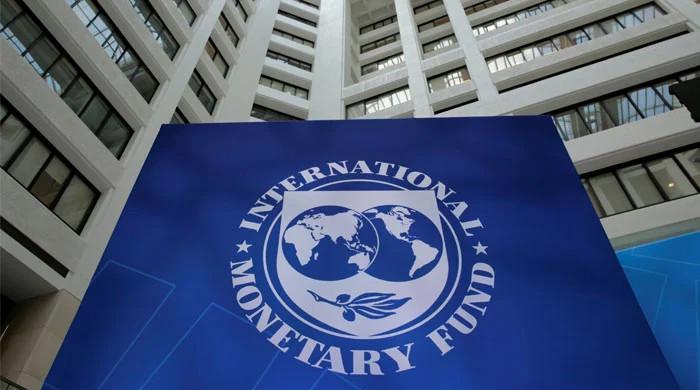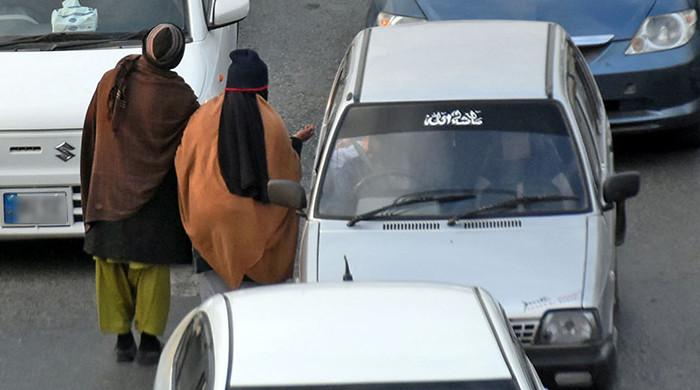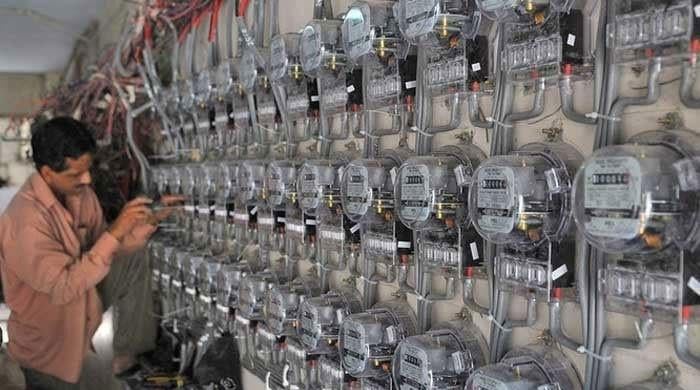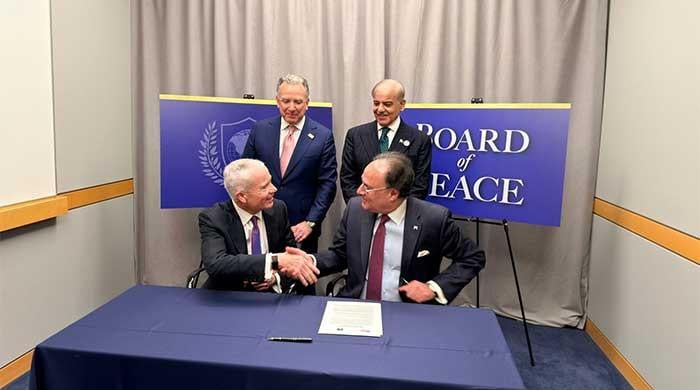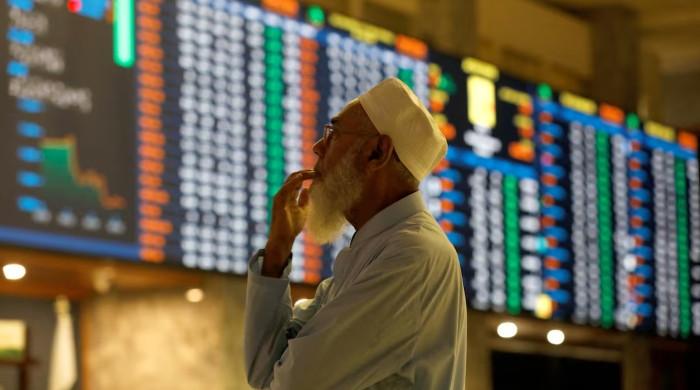IMF debt dilemma looms after election: ex-SBP governor
"IMF will have to decide whether to pull the plug on Pakistan or not," says Reza Baqir
January 18, 2024
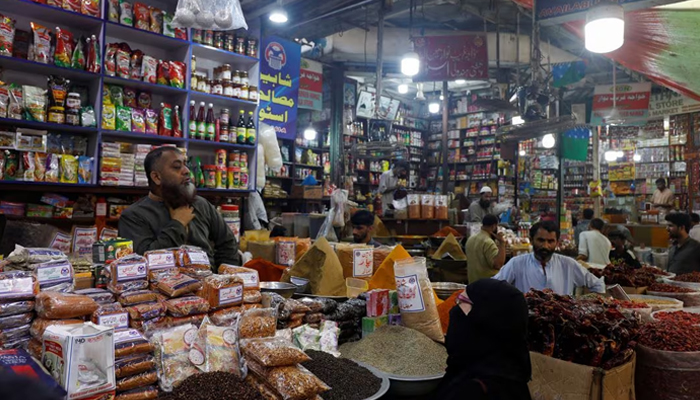
- Reza Baqir says IMF faces tough choice post-Pakistan poll.
- "IMF will have to decide whether to pull the plug or not."
- Fund has maintained that Pakistan's debt is sustainable.
The International Monetary Fund (IMF) faces tough choices on how to deal with Pakistan after the February election and how to assess the country's debt situation, former central bank governor Reza Baqir said.
The country, which is operating under a caretaker government, secured a $3 billion loan programme with the IMF in July that helped pull the cash-strapped nation back from the brink of a sovereign debt default. However, the programme was a nine-month standby arrangement, set to expire this spring.
"The IMF will have to decide whether to pull the plug on Pakistan or not, and by that I mean it will have to decide about its assessment of debt sustainability," said Baqir, head of sovereign advisory services at Alvarez & Marsal.
The Fund labelled Pakistan's debt as sustainable, but also emphasised the significant and pronounced risks said Baqir, who negotiated Pakistan's 2019 IMF programme and also worked at the Washington-based lender for almost two decades.
"That's almost like having it both ways," he said, adding investors would be watching whether the Fund would continue to label the debt as sustainable or whether it would offer its support on a debt restructuring as part of a new programme should Pakistan's authorities chose to go down that route.
The country's public external debt stood at just under $100 billion by the end of September 2023, according to central bank data, with China and its lenders being the single largest creditor to the country.
Pakistan's shorter-dated bonds are trading at 96 cents, fairly close to par, though longer-dated ones maturing after 2030 stand at just over 60 cents, well below the 70-cent threshold below which debt is seen as distressed. On Thursday, the bonds suffered sharp falls after Pakistan conducted strikes inside Iran amid rising tensions with its neighbour.
Pakistan would also be a potential candidate for a "debt-for-nature"-style debt swap said Baqir, pointing to the deadly 2022 floods that affected more than 33 million people.
Debt-for-nature swaps — where countries introduce eco-policies in return for having their debt cut, are growing in popularity after successful recent deals in places such as Belize and Ecuador's Galapagos Islands.
Eugenio Alarcon, who recently joined Alvarez & Marsal responsible for Latin America & the Caribbean, said: "Countries have seen the benefits of these type of transactions because they can take a huge reduction in the stock of debt."




